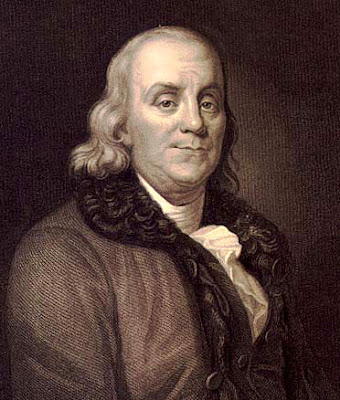A634.6.3.RB - What Are Virtues?

LaFollette (2007) suggested that the best way to live a moral life is by cultivating virtues. Aristotle thought of virtues as character traits and tendencies to act in a particular way (2018). He thought that living a virtuous life was the key to happiness and a good life. Additionally, Aristotle suggested that a virtuous person does the appropriate action, does it habitually, enjoys being virtuous, knows that it is virtuous, and knows why it is virtuous (LaFollette, 2007). Benjamin Franklin had a lifelong commitment to cultivating virtues. He developed a list of thirteen virtues that he considered were essential to virtuous living. He also developed a chart he carried around with him that he could use to note when he had not adhered to one of the virtues. Franklin focused on one virtue each week, so after thirteen weeks he had spent time trying to cultivate each one. He would then start the process over again. When Frank...


